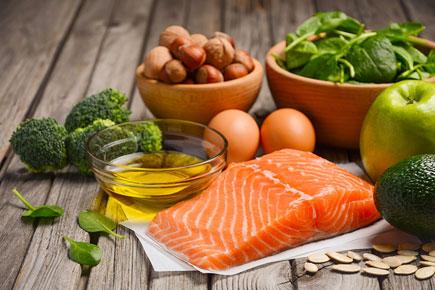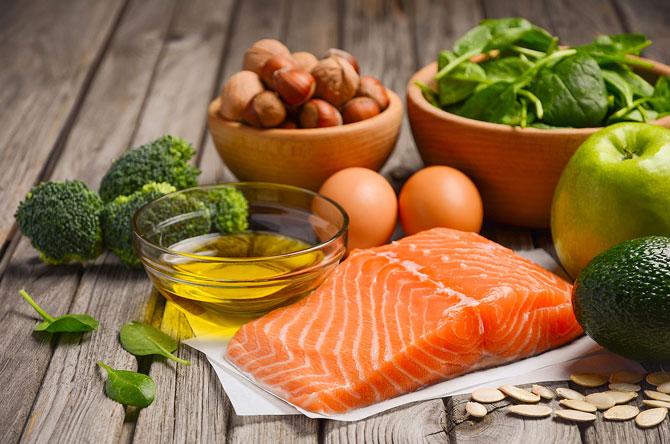Debunking the view that males just pass on genetic material and not much else to their offspring, a new study suggests that father's high-protein diet may increase son's ability to reproduce


Representational picture
ADVERTISEMENT
Sydney: Debunking the view that males just pass on genetic material and not much else to their offspring, a new study suggests that father's high-protein diet may increase son's ability to reproduce.
Father's diet can affect their son's ability to out-compete a rival's sperm after mating, said the study published in the journal Biology Letters.
The study highlighted the importance of the paternal environment on future generations, even a long time before offspring were produced, said one of the lead authors of the study, Susanne Zajitschek from Monash University in Melbourne, Australia.
The study sought to understand if the nutritional history of fathers had an effect on their sons.
Experiments were carried out in the fruit fly, which shares many similar pathways and characteristics with human genes.
"Our study found that males that were raised on either high or low protein diets, but spent their adulthood on an intermediate diet, produced sons that had large differences in gene expression, which most likely contributed to the resulting differences in sperm competitiveness," Zajitschek said.
"They differed in their ability to sire offspring, with the high-protein dads producing sons who were doing much better in sperm competition, which means their sperm was more likely to win against a competitor's sperm within the female tract," Zajitschek said.
 Subscribe today by clicking the link and stay updated with the latest news!" Click here!
Subscribe today by clicking the link and stay updated with the latest news!" Click here!






